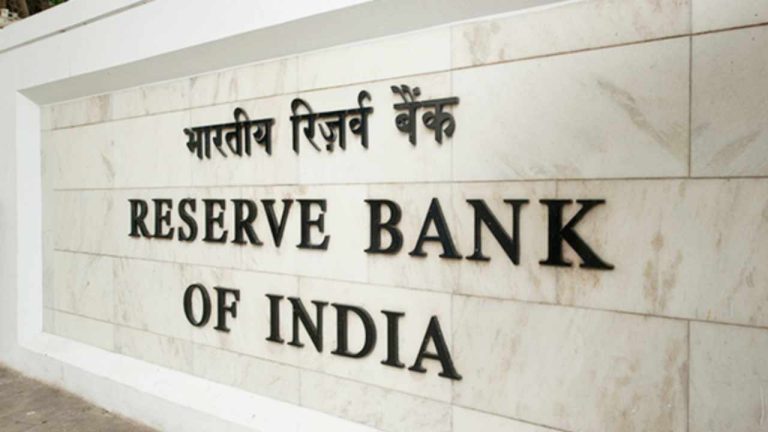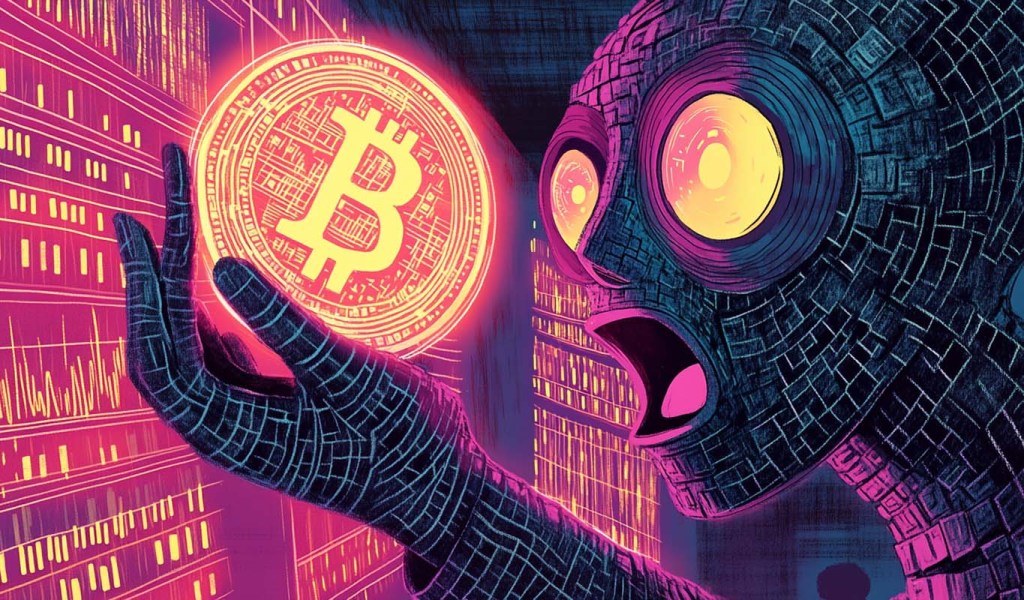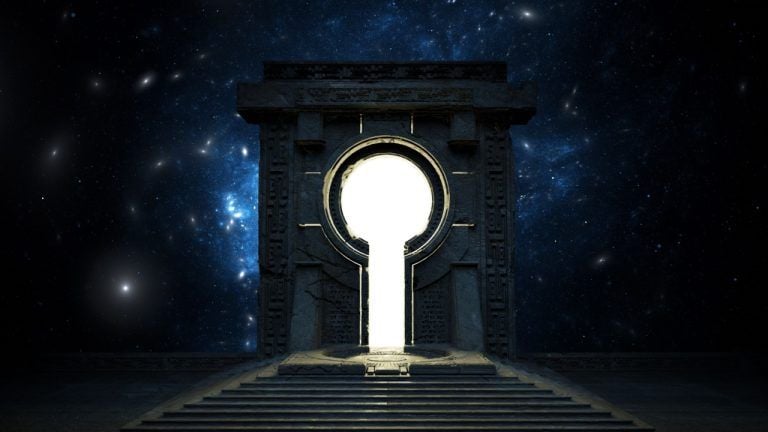
India’s Central Bank Digital Currency Should Be Able to Do Anything Cryptocurrency Can Do With No Risk, Official Claims

An Indian central bank official claims that if there is anything cryptocurrencies like bitcoin and ether can do, the Reserve Bank of India (RBI) should be able to create a product that will do the same job without the associated risks. “This is essentially what we are doing in the CBDC experiments,” he stressed.
RBI Official on Cryptocurrency vs Digital Rupee
Reserve Bank of India (RBI) Deputy Governor T. Rabi Sankar talked about cryptocurrency and central bank digital currency (CBDC) Friday at an event organized by the Indian Banks’ Association (IBA).
“We saw an environment where private currencies were evolving. We realized that this poses a threat to investors, systems, and the economy. We also realized that private currencies have shown that digitalizing currency can possibly benefit,” the RBI official said. “The way to deal with it was to provide a digital currency.”
Referring to non-government-issued cryptocurrencies, including bitcoin and ether, as “private” cryptocurrencies, the deputy governor opined:
If there is anything that a private cryptocurrency can do, we should be able to create a product that will do that without the associated risks in a safer format in fiat money backed by the government and issued by the central bank. This is essentially what we are doing in the CBDC experiments.
The RBI launched its first retail central bank digital currency (CBDC) pilot on Dec. 1 with the participation of eight banks. The pilot will eventually cover 13 cities across India. The retail digital rupee experiment followed the RBI’s wholesale CBDC pilot which began on Nov. 1 for the trading of government bonds. The wholesale pilot will later be expanded to cover more use cases, including money market instruments.
The Indian central banker noted that the initial CBDC pilots are aimed at ensuring the efficacy of all systems. He described:
As we go along, the pilots will focus on identifying the right technology on the right architecture for distribution of digital currency.
The RBI deputy governor explained that the central bank will build upon the digital infrastructure it is creating, emphasizing that there are many possibilities, including smart contracts and tokenized bonds. He concluded:
There are potentially game-changing choices available, particularly in the area of cross-border transactions. There are a huge amount of inefficiencies in this process that the CBDC can take care of.
Meanwhile, the RBI believes that cryptocurrencies, such as bitcoin and ether, should be completely banned. Sankar said in February, “It would be futile to regulate cryptocurrencies,” warning that crypto products “are fundamentally designed to bypass the established financial system, and on a larger scale government itself.”
What do you think about the comments by RBI Deputy Governor Sankar? Let us know in the comments section below.
Go to Source
Author: Kevin Helms









